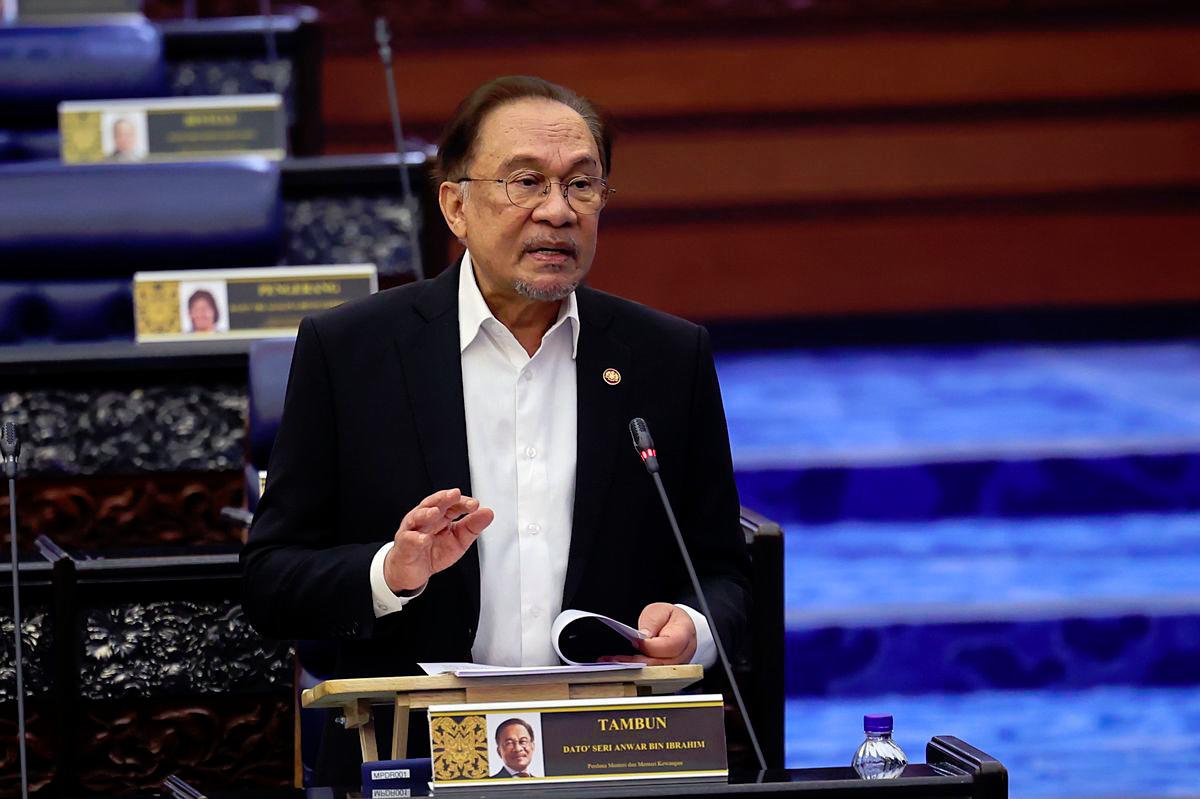PETALING JAYA: At least 85% of Malaysians will not be affected by the RON95 targeted subsidy rationalisation which will be announced by the end of September, said Prime Minister Datuk Seri Anwar Ibrahim.
He said only non-Malaysians and those who are financially well off would not be able to avail of the subsidy.
In a written parliamentary reply, Anwar, who is also Finance minister, said the implementation of targeted diesel subsidies in mid-2024 indicates that inflation remains under control.
He said Malaysia’s inflation rate rose moderately to 1.8% in 2024 compared with 2.5% in 2023.
“During the same period, the consumer price index increased to 132.8 from 130.4 in the previous year. Based on current projections, the overall national inflation rate for 2025 is expected to remain moderate, provided the targeted RON95 subsidy is implemented in the second half of this year.”
He was replying to Dr Radzi Jidin (PN-Putrajaya), who asked about the status of the RON95 targeted subsidy and its effects on the public.
Anwar said to reduce the cost of living burden, the government has increased the allocation for direct cash assistance programmes, including the Rahmah Cash Contribution and the Rahmah Basic Contribution, from RM10 billion to RM13 billion this year to ensure the social safety net remains strong.
“Additionally, the government will provide a one-off cash assistance of RM100 to every citizen aged 18 and above in conjunction with National Day on Aug 31 to support the purchase of essential goods.
“This initiative is expected to benefit around 22 million people and involves an allocation of RM2 billion, bringing the total allocation under the direct cash assistance programmes from RM13 billion to RM15 billion this year.”
Anwar said the eligibility for the RON95 petrol subsidy is determined based on the Central Database Hub data, which draws from various data sources including the Inland Revenue Board and the Household Income Survey by the Statistics Department.
He said the government is also refining the implementation aspects comprehensively, including through data review and information from relevant agencies.
“This is to ensure that the approach taken is holistic and targeted, ultimately ensuring that the assistance provided truly reaches those who are eligible and in need.”









